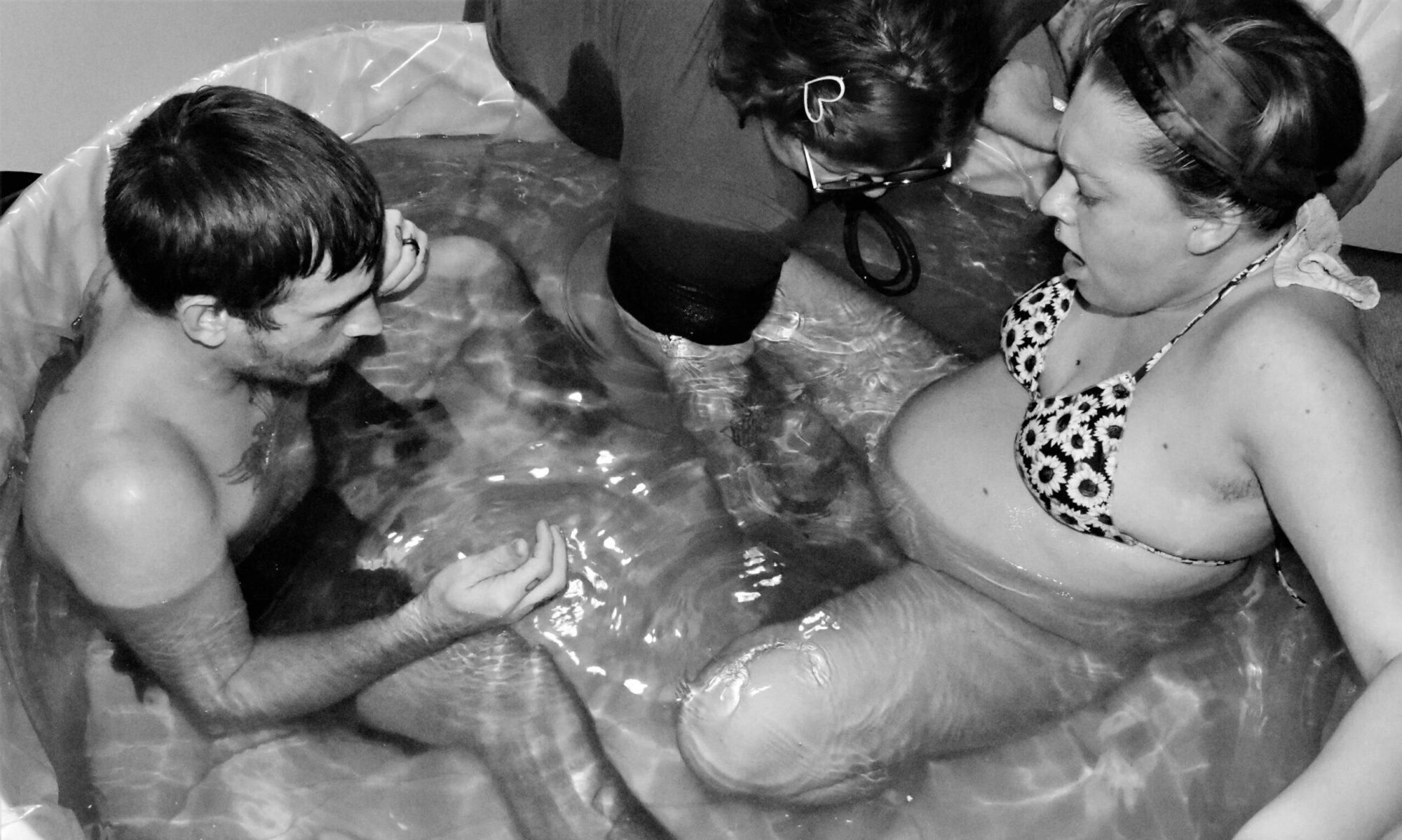|
Care is important at home too! You need help with the housework, NOT with the baby. “Cleaning and scrubbing can wait till tomorrow. |
For the Mother:
- Your bleeding should not soak more than two heavy overnight pads in the first postpartum hour. You may have a gush of blood every time you change positions. Plum size or smaller clots can be normal in the first 48 hours.
- Check your uterus for firmness and size every waking hour for the first day. Then check your uterus daily for the next three days. KEGEL!
- You should not soak more than one large pad per hour after the fourth postpartum hour. Your bleeding will decrease rapidly through the first 24 hours. You will pass some blood clots ranging from plum-size to dime-size during the first two weeks. Your bleeding should decrease to a light menstrual-like flow after seven to 10 days. However, over-doing may bring on a short spurt of bright red bleeding again. So, be aware of your own needs to take it slow until the discharge (lochia) has been gone completely for seven days. Change your pads often. Call if any heavy bleeding returns after the first day (meaning more than a normal menstrual-like flow for more than an hour). Notify me if your lochia has a foul odor, if it hurts or burns when you urinate, or you run a temperature. These are possible signs of an infection.
- Your lochia will first be red, then a brownish, then a yellowish –clear color, and finally nothing. Expect to see red blood flow for no more than 10 to 14 days. If you go back to red blood at any time after the initial red blood has stopped your body is trying to tell you something… slow down and take it easy.
- You should urinate very shortly after the birth. Use the squeeze bottle as directed each time you go to the toilet. Attempt to pee every two hours.
- Wash your hands before putting on a new pad.
- You should have a bowel movement within the next two days; if you do not, try eating high fiber foods. (I.e. veggies, popcorn, raisins, etc.)
- Drink, drink, drink! Try to drink one cup of water every hour.
- Continue to eat well. Have an adult in the house with you the first week to help you.
- Continue taking prenatal vitamins throughout your nursing relationship.
- The baby assimilates breastmilk quickly and easily. Nursing in integrals of every two hours is normal.
- Sleep when baby sleeps, no matter what time of day. Sometimes babies will sleep for a three to four hour stretch.
- Do not let the baby go more than 4½ hours without nursing. His body and brain need a steady input of the nutrients in your milk.
- Use different positions to nurse. Varying positions stimulates all milk ducts in your breasts. Consider biological nurturing.
- Do not wash your nipples before feedings. This is an outdated routine, which has caused many nipples to become dried, sore, and cracked.
- Make time for herb baths with baby a priority. At least the first five days. (See the herb bath instructions page)
- Take it easy. Resume daily activities slowly. The joy of birthing is so powerful that you may be emotionally buzzing right from the start. This elation often feels like physical energy, and consequently ladies tend to do too much, too early. If you are over-doing you run the risk of getting a breast infection, increasing bleeding, and/or displacing the reproductive system. Do not blow a good birth experience with an unnecessary postpartum problem. Slow down and enjoy. This time is fleeting and will never come again. Give others the gift of being able to mother the mother.
- Watch for:
- Fever of 100.0° F or greater
- Bad smelling discharge
- Pain in the abdomen (besides after contractions)
- Inflamed breasts

